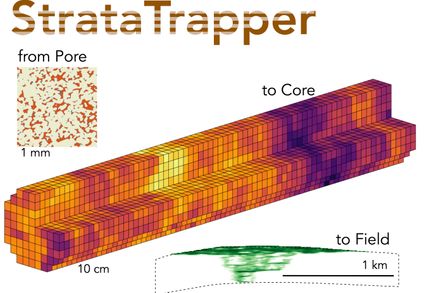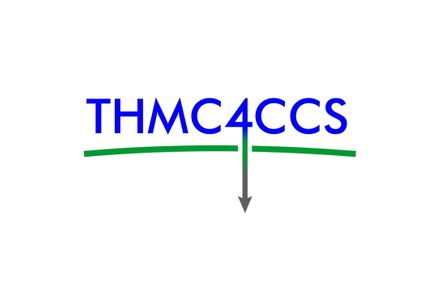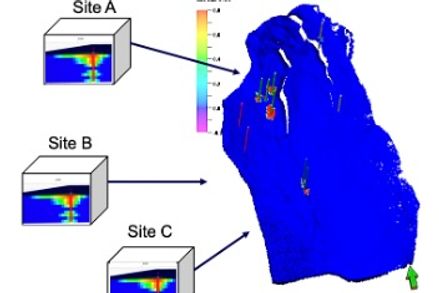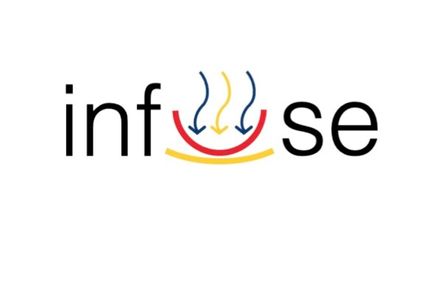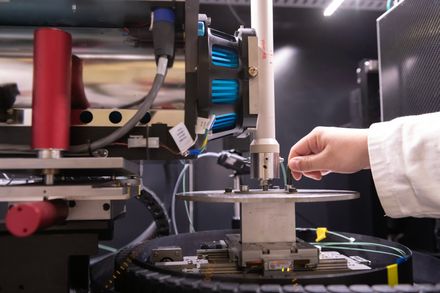BibTex format
@article{Kolster:2017:10.1039/c7ee02102j,
author = {Kolster, C and Masnadi, MS and Krevor, S and Mac, Dowell N and Brandt, AR},
doi = {10.1039/c7ee02102j},
journal = {Energy and Environmental Science},
pages = {2594--2608},
title = {CO2 enhanced oil recovery: a catalyst for gigatonne-scale carbon capture and storage deployment?},
url = {http://dx.doi.org/10.1039/c7ee02102j},
volume = {10},
year = {2017}
}
